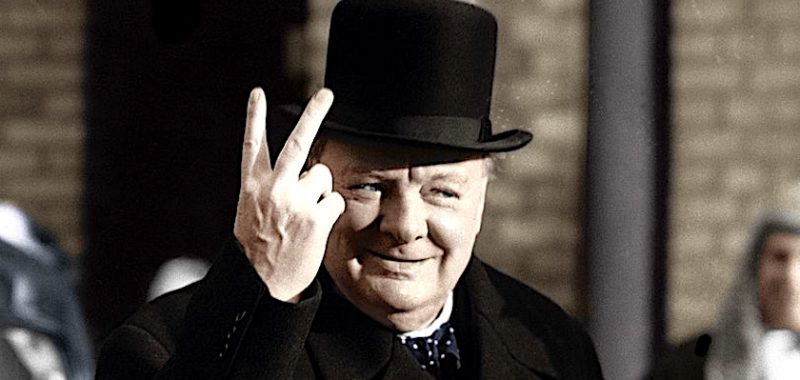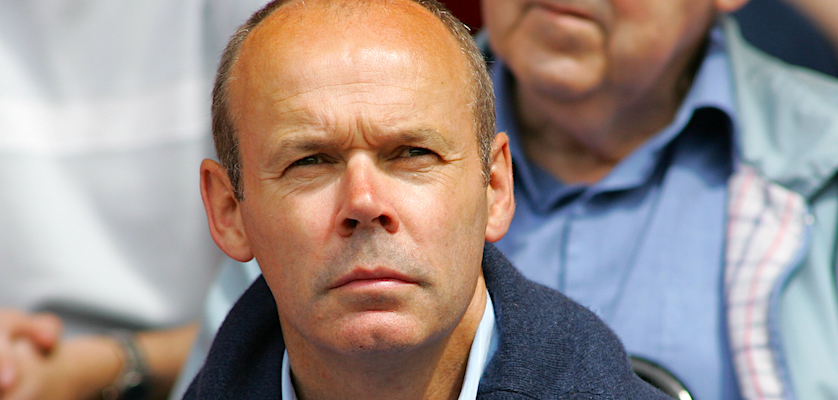Floored by our flaws

It seems there have always been good leaders among us – and, at times, there have been some who've demonstrated moments of absolute brilliance.
However, recent research I have conducted suggests we've rarely seen a great leader. I'm talking about leaders who don't rely on their position or role to get things done, but who seem to gather followers naturally; leaders who lead by acclaim, not by position; leaders who really want to make a noticeable difference in the world around them.
I remember hearing Sir Clive Woodward deliver a truly memorable masterclass based on his time as head coach of the England rugby union team when they won the 2003 Rugby World Cup.
Sir Clive has a remarkable story to tell about the changes he made that were instrumental in bringing the Webb Ellis trophy home to England. He went on to talk about taking those principles into the British Olympic team, thereby enabling Team GB to come third in the medal tables ranking at London 2012.
 MOTIVATING FORCE: Sir Clive's astute leadership turned England into world-beaters.
MOTIVATING FORCE: Sir Clive's astute leadership turned England into world-beaters.
However, some of those who follow the game closely would tell you of some flaws in his leadership that they encountered from their point of view.
I found a similar story could be told for pretty much all of the leaders I explored, and that their legacy was often judged by one or other of their failures rather than for their successes.
Even Winston Churchill could have been remembered quite differently. If it wasn’t for the Second World War, he would have been forever associated with the catastrophic second front at Gallipoli during the Great War. The website History.com describes it as “Winston Churchill’s World War disaster”.
My personal experience is a little bit different.
 UNHAPPY OUTCOME: by seeking to end an anomaly, Roger unintentionally offended Steve.
UNHAPPY OUTCOME: by seeking to end an anomaly, Roger unintentionally offended Steve.
I had been appointed into a new leadership position and noticed an anomaly in the remuneration for one of my staff – I’ll call him Steve. I set out to put that anomaly right and was really pleased with myself for having had the courage and commitment to do so. However, when I proudly told Steve what I had achieved for him I was met with "I can't believe you and the board could be so insensitive”.
From my perspective, I had done the right thing. However, Steve’s view was I inadvertently introduced another anomaly, and it caused him to become very angry.
The thing is this, we tend to judge other people on their actions and ourselves on our intentions. So often we could resonate with the chorus of a song released by the Animals in 1965:
"I'm just a soul whose intentions are good.
Oh Lord, please don't let me be misunderstood."
 FREEDOM FIGHTER: Churchill's reputation was forged by his Second World War exploits.
FREEDOM FIGHTER: Churchill's reputation was forged by his Second World War exploits.
If we could pause and spend a moment to think about the other person, if we could try to see the situation through their eyes, or to consider what it would seem like to be standing in their shoes, then maybe we could get a whole new perspective on the situation.
For me, after being taken aback for a moment from Steve's anger, I simply apologised. As I listened to him, I started to see it from Steve's perspective. I had solved one problem, but in so doing I had introduced another problem that he saw as an even greater inequality. I had totally missed that. So, I apologised, owned the problem, and I put it right.
All leaders are flawed, and some are more flawed than others. But, should we choose to do so, we can always put things right.
Roger Fairhead is the chief executive of the Global Leadership Network UKI

